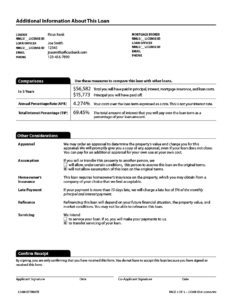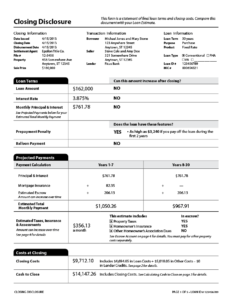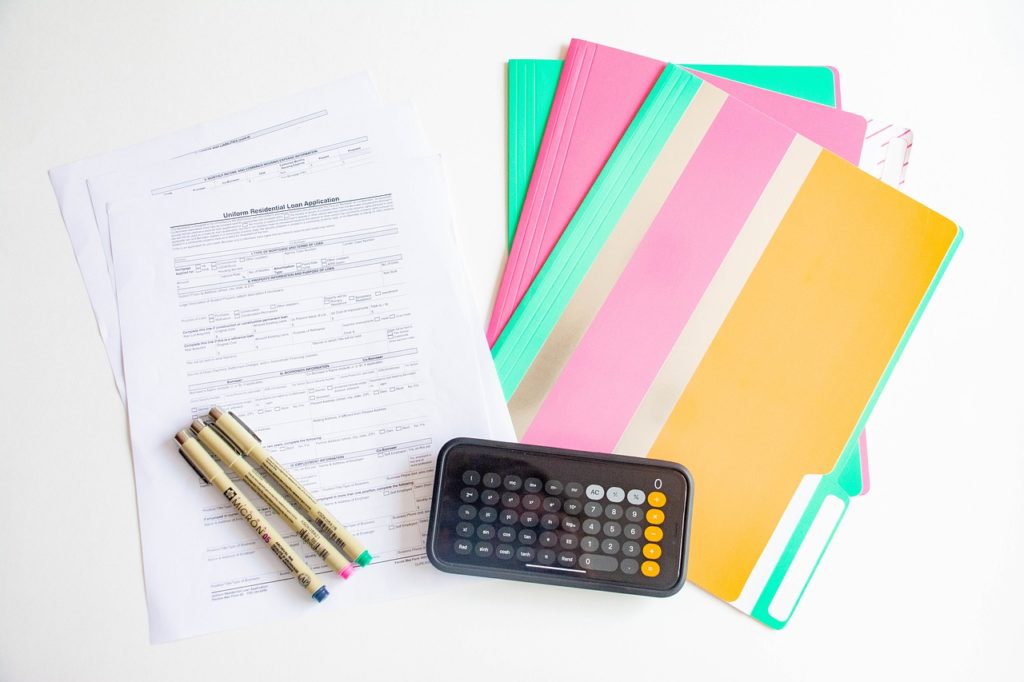Understanding Mortgage Closing Costs- is here to help you know ahead of time how your closing costs are decided.
When you’re buying a home, it’s important to factor in mortgage closing costs. These fees can add up quickly and catch you off guard if you’re not prepared. In this guide, we’ll break down everything you need to know about mortgage closing costs, including what they are, how much you can expect to pay, and tips for preparing for them.
Something To Note Upfront
Downpayment and closing costs are not the same. The downpayment is paid toward the purchase price of the property and determines the loan-to-value ratio. That means that you will also need either: 5%, 10%, 15%, or 20%, depending upon the loan-to-value ratio, etc. in addition to your closing cost.
Table of Contents
What Are Mortgage Closing Costs?
Mortgage closing costs are fees associated with the home-buying process that are paid at the closing of a real estate transaction. These fees can include things like appraisal fees, title search fees, attorney fees, and more.
The total amount of closing costs can vary depending on the price of the home, the location, and other factors. It’s important to understand these costs and budget for them when buying a home.
Types of Closing Costs
There are several types of aspects of closing costs that homebuyers should be aware of.
These include:
- Lender fees, such as loan origination fees and discount points
- Third-party fees, such as appraisal fees,
- Title search fees
- Attorney fees
Other costs include:
- prepaid expenses, such as property taxes and homeowners insurance, and escrow fees
It’s important to review the Loan Estimate and Closing Disclosure provided by your lender to understand the specific closing costs associated with your mortgage.
How Much Can You Expect to Pay in Closing Costs?
The amount you can expect to pay in closing costs varies depending on several factors, including the price of the home. The amount of the loan at closing, the mortgage product you have, and the location of the property.
On average, closing costs can range from 3% to 6% of the total loan amount.
For example: If the home mortgage amount is $300,000 (loan amount-not the sales price), and your closing costs are 3% of the loan amount, you can expect to pay $9,000 closing costs.
It is important to budget for these costs and work with your lender to understand the specific fees associated with your mortgage. *Here is a sample breakdown of the closing cost
Negotiating Closing Costs
While some closing costs are non-negotiable, such as government fees and taxes, others may be open for negotiation. These include the lender fees such as origination fees, processing fees, and underwriting fees.
Discount points which are a fee to get a lower interest may be included at usually 1%. If you cannot afford the discount fee, your interest will be higher. This is usually something that only takes place if you ask about lowering your interest rate.
Negotiate With the Seller – you can negotiate with the Real Estate Agent for the seller to pay some of the closing costs up to 3 to 9%.
What to know about Seller Paid Closing Costs: if the seller pays part of the closing cost on your loan, it will be added to the sales price. At closing the closing costs they pay will be deducted from the sales price at closing. Your loan amount will be based on the Sales Price of the subject property.
**You are actually better off paying your own closing cost if at all possible and trying to negotiate a lower sales price if there is an option with the Realtor.
The Loan Estimate and Closing Disclosures

It’s important to review your loan estimate at application which must be sent to you within 3 business days.
Review and understand which fees are negotiable and which are not.
You can also shop for some services but there are others which are non-negotiable. The lender will advise you which fees you can not negotiate.
Sample of Closing Disclosure
When your loan closes you will see at the closing table this disclosure. Review it, compare it to the loan estimate, and if you have questions, don’t be afraid to voice them. It is your money and the greatest investment for most people.
Ask your Closing Agent for an explanation if the fees seem to be out of line with what you have been told and the final loan estimate. Remember, every dollar saved on closing costs is money in your pocket.
Additional Information for Understanding Mortgage Closing Costs-A Guide is found here.
Tips for preparing for closing costs
Closing costs can be a significant expense when buying a home, so it’s important to prepare for them ahead of time. One tip is to review your loan estimate carefully to understand which fees are non-negotiable and which are open for negotiation. Asks questions.
You can also shop around for services like title insurance and home inspections to find the best price.
Additionally, consider setting aside extra funds to cover unexpected costs that may arise during the closing process. By being prepared and informed, you can save money and avoid any surprises on closing day.
EndNote:
We are here to give you the best-updated information that is out there, however, this may not be all-inclusive due to frequent mortgage guideline changes. We strive to keep you updated so that you do not miss important information.




